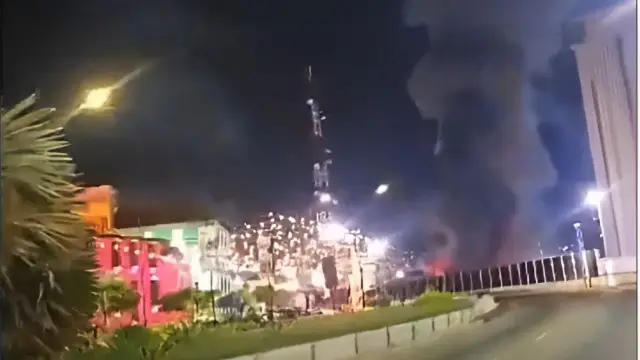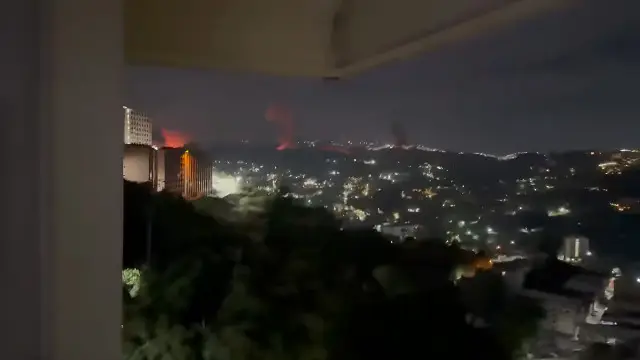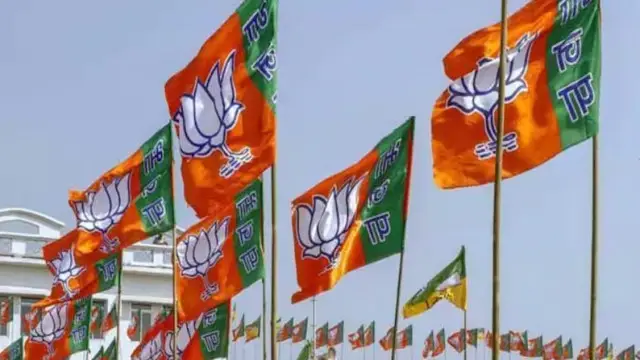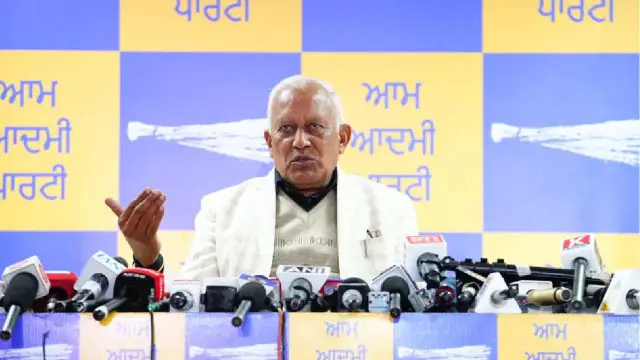Bangladesh: Ex-PM Sheikh Hasina accuses interim leader Yunus of orchestrating mass persecution of minority
World News: With the country at a crossroads, the international community is closely watching the unfolding crisis in Bangladesh. The ongoing violence and the growing threat to religious minorities continue to raise concerns about the nation's stability and the safety of its people.

World News: In a blistering virtual address to Awami League supporters in New York, former Bangladeshi Prime Minister Sheikh Hasina leveled serious accusations against Muhammad Yunus, the current head of the interim government. Hasina claimed that Yunus orchestrated a campaign of mass killings and targeted attacks against religious minorities, including Hindus, Buddhists, and Christians. Her remarks come at a time when the country is grappling with increased violence and political instability.
Allegations Against Yunus and His Supporters
Hasina’s fiery speech accused Yunus of masterminding a series of coordinated attacks against religious minorities, claiming that his supporters, particularly student coordinators, were instrumental in inciting violence. The former Prime Minister pointed to the systematic killings of innocent people, as well as the destruction of temples and churches across Bangladesh, which she attributed to Yunus's planning.
"The attacks on religious minorities were not random; they were part of a well-coordinated plan orchestrated by Yunus," Hasina stated. Her comments are in direct opposition to Yunus's leadership of the interim government, which has struggled to stabilize the nation amidst escalating violence and protests.
Religious Minorities Under Siege
Hasina’s accusations are not isolated; reports from various human rights groups have documented a significant rise in violence against religious minorities, particularly Hindus, in recent months. Several Hindu monks have been arrested, and numerous temples and churches have been attacked by radical Islamist groups. The situation has led to widespread fear for the safety of religious minorities in Bangladesh, with many questioning why these groups are being specifically targeted.
The former Prime Minister also mentioned that opposition leaders, including Tarique Rahman, had predicted that Yunus's government would not survive the wave of violence if it continued. This rising hostility toward religious minorities has become a focal point of the ongoing political crisis in the country.
Hasina’s Final Moments Before Fleeing Bangladesh
Reflecting on the harrowing moments before her departure from Bangladesh, Hasina recounted how an armed mob surrounded Gana Bhavan with the intent to assassinate her. According to Hasina, her security forces were put on high alert, but she made the difficult decision to flee to India, fearing indiscriminate bloodshed.
She claimed that there were plans to assassinate her in a manner similar to the brutal killing of her father, Bangabandhu Sheikh Mujibur Rahman, in 1975. "The mob was at the gates, and my security forces were ordered not to engage, to prevent further escalation," Hasina revealed. "I fled to save lives and prevent another massacre."
Escalating Tensions Amid Political and Religious Unrest
The political crisis in Bangladesh has now deepened, with tensions between the interim government and opposition forces at an all-time high. As Yunus's government struggles to maintain control, violence against religious minorities continues to rise, leading to fears of even greater instability. Hasina’s accusations have further fueled these tensions, casting a shadow over the future of Bangladesh’s political and religious landscape.
With the country at a crossroads, the international community is closely watching the unfolding crisis in Bangladesh. The ongoing violence and the growing threat to religious minorities continue to raise concerns about the nation's stability and the safety of its people. As Bangladesh faces an uncertain future, one thing is clear: the country is grappling with deep-rooted political and religious divisions that threaten its unity and security.
















